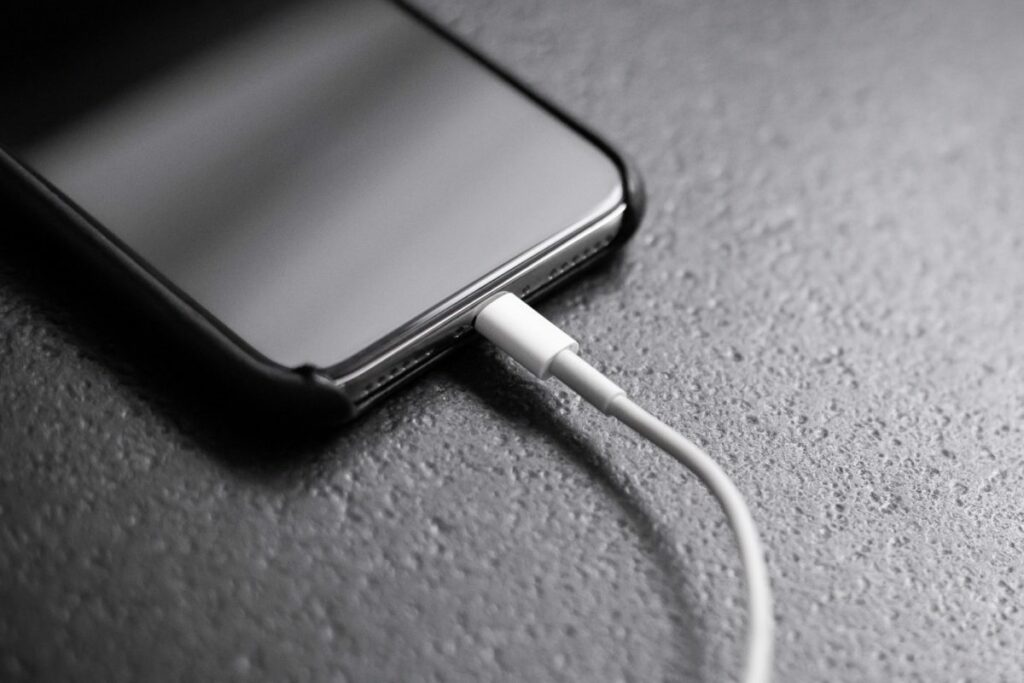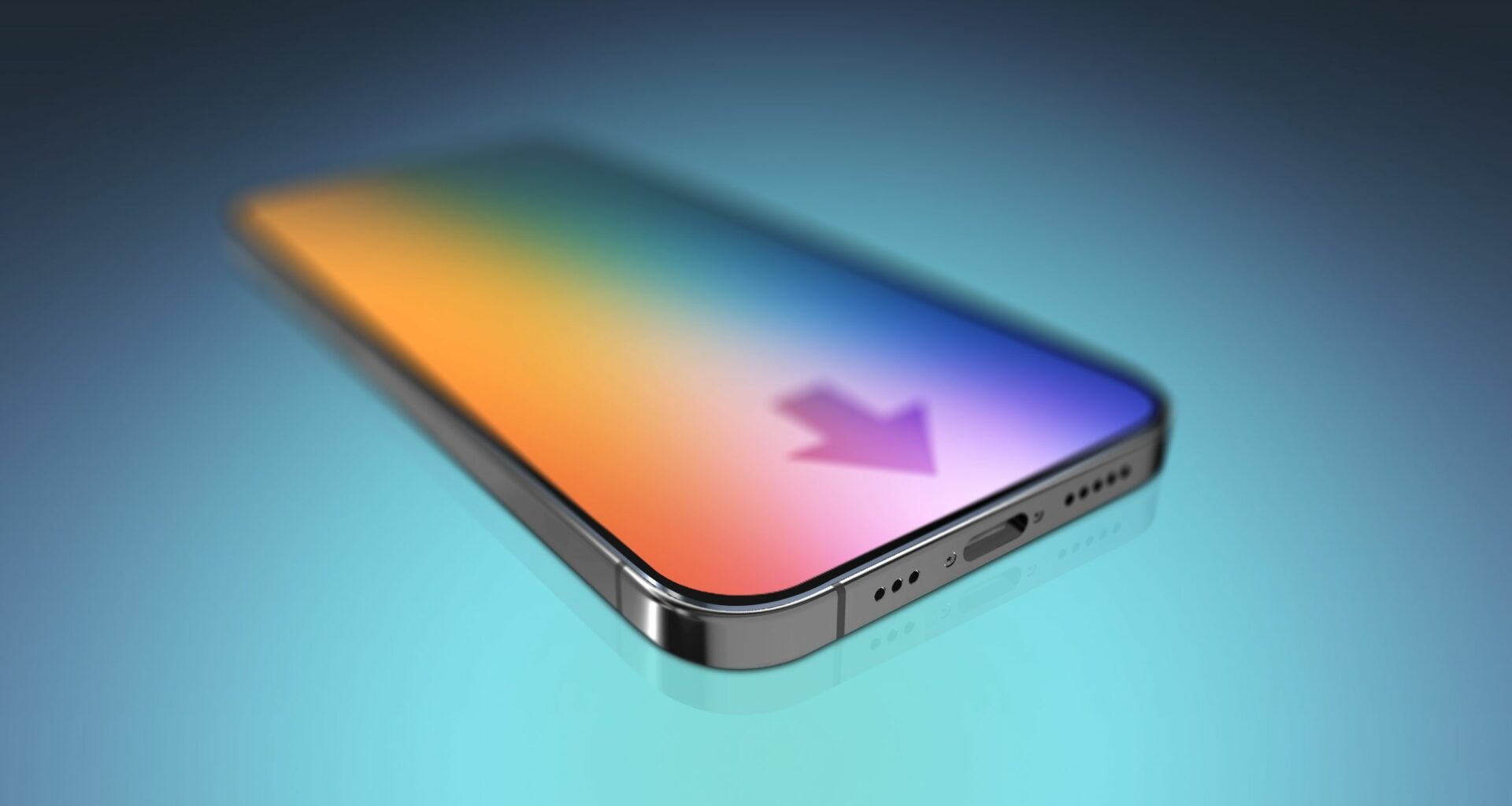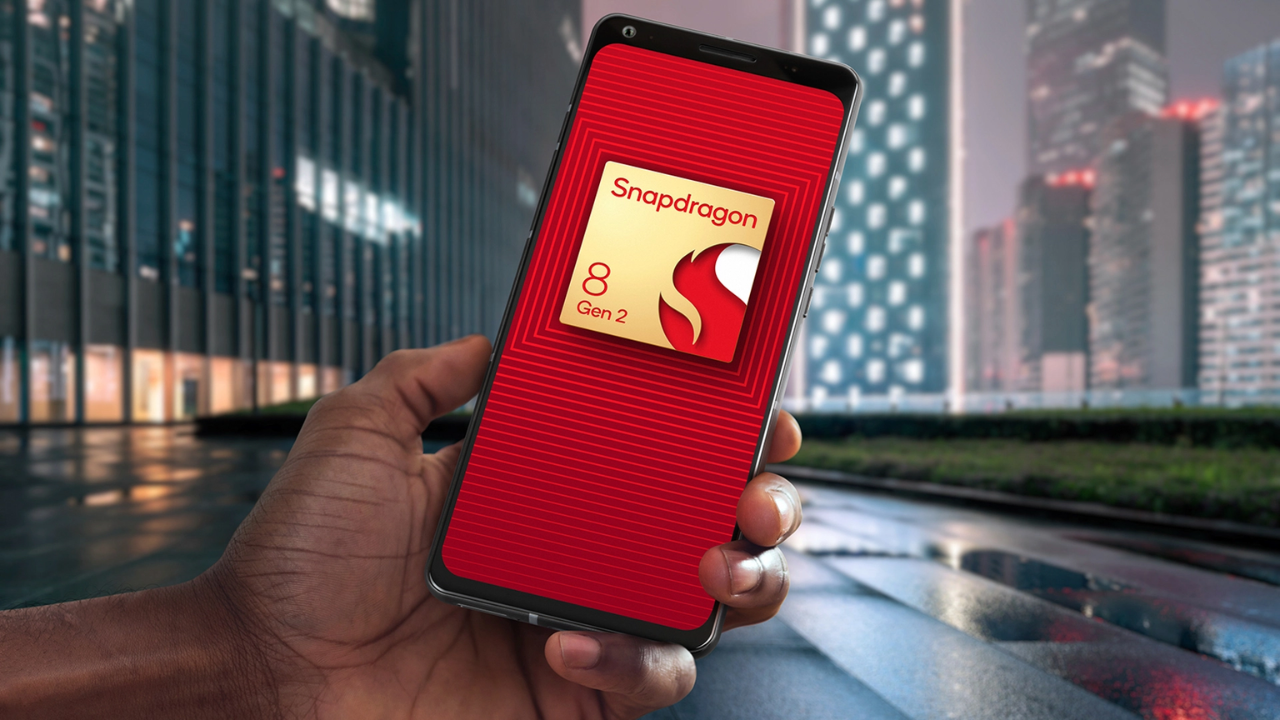For years, rumours have circulated that Apple would comply with the European Union’s new law mandating USB-C for all physical ports on smartphones. However, there could be a catch. Apple’s vice president of worldwide marketing, Greg Joswiak, confirmed at the Wall Street Journal’s Tech Live event that the company will comply with the new European Union law requiring the use of USB-C in all smartphones sold in EU member countries beginning in the fall of 2024. It’s possible, though, that the Lightning port on iPhones won’t disappear anytime soon.
Interface integrated circuits (ICs) are semiconductor chips that control data transfer between electronic gadgets. Since their introduction in 2012, all Lightning ports and connectors made by first parties and certified by MFi have included a tiny IC that verifies the components are genuine. Third-party charging cables that are not MFi certified, for example, lack this chip, causing Apple devices to display “This accessory is not supported” messages.
By incorporating an authenticator chip into the iPhone, Apple can not only combat counterfeit and potentially dangerous accessories while also encouraging customers to buy genuine iPhone peripherals and earning a commission on MFi-certified accessories.
Also Read: How to Fix Lighting in Photos iphone?
The ‘port-less’ iPhone raises some concerns.

There have been rumours of a portless iPhone for quite some time, but if Apple is keeping the Type-C port on the iPhone 14’s successor, it looks like we may have a while to go before that rumour becomes reality.
Supposedly, Apple has designed a similar custom IC for the USB-C ports on the iPhone 15 and iPhone 15 Pro, as well as its charging cables. It appears that new MFi-certified accessories will also benefit from the new IC that will be included in the iPhone 15 series.
Also Read: Fix iPhone Stuck in Headphone Mode?
It’s worth noting that Apple’s current USB-C interface, used in the iPad (10th generation), iPad mini (4th generation), iPad Air (with Touch ID), and iPad Pro (with Touch ID and Face ID), does not have an IC chip for authentication.
It’s not clear what, if any, effects this change could have on the new devices’ functionality, but Apple may decide to restrict things like fast charging and high-speed data transfer to officially-sanctioned Apple and MFi cables.
Also Read: Fix Virus in iphone









